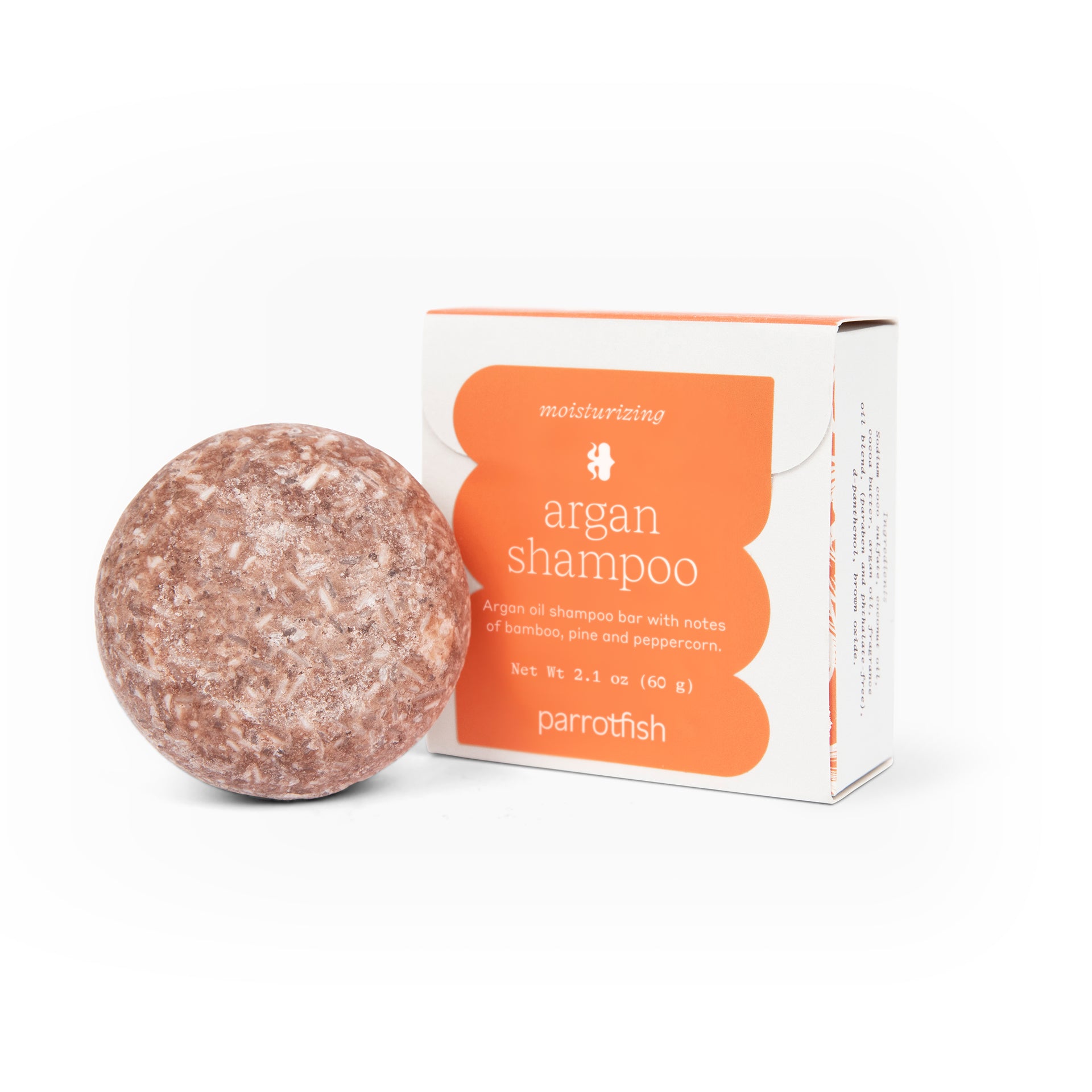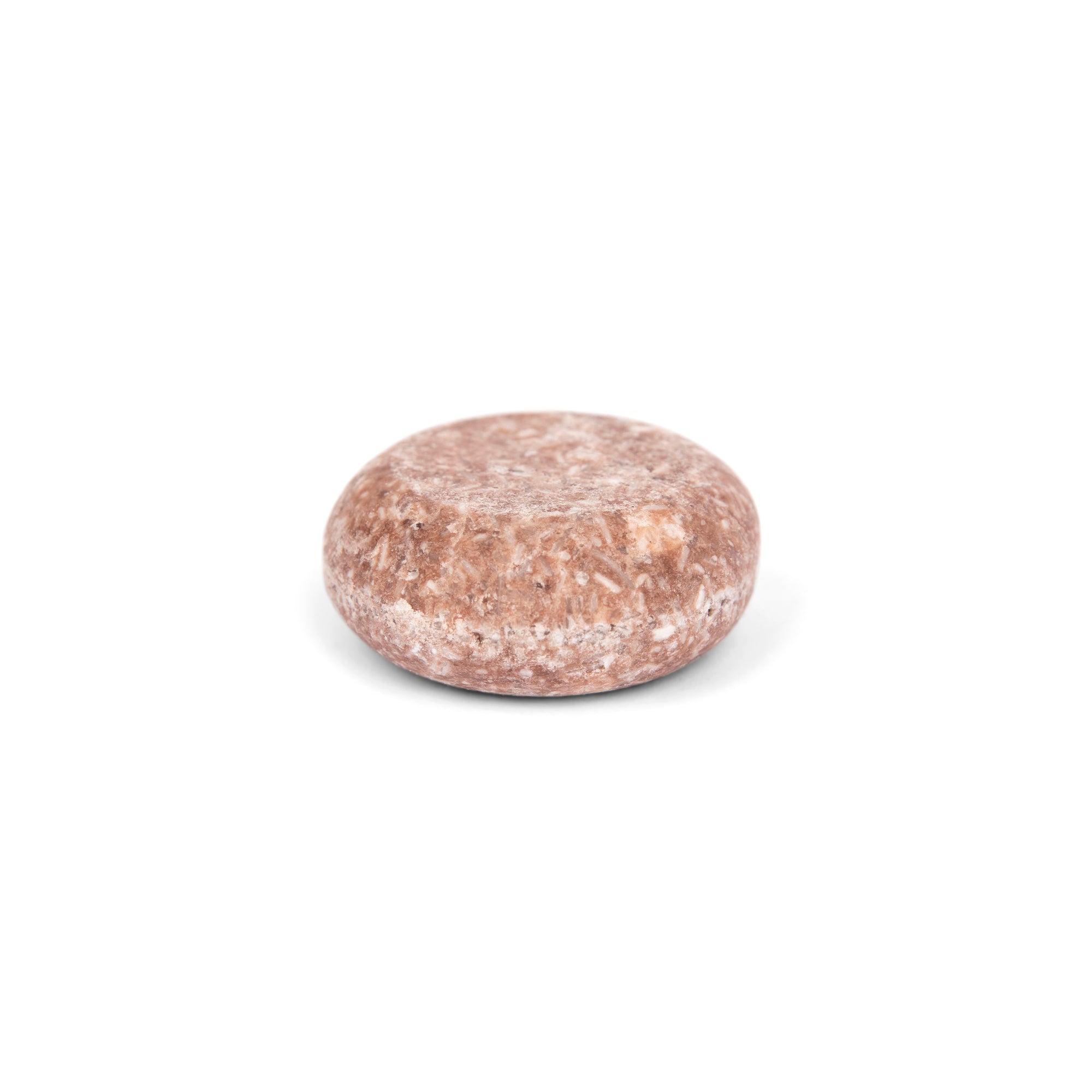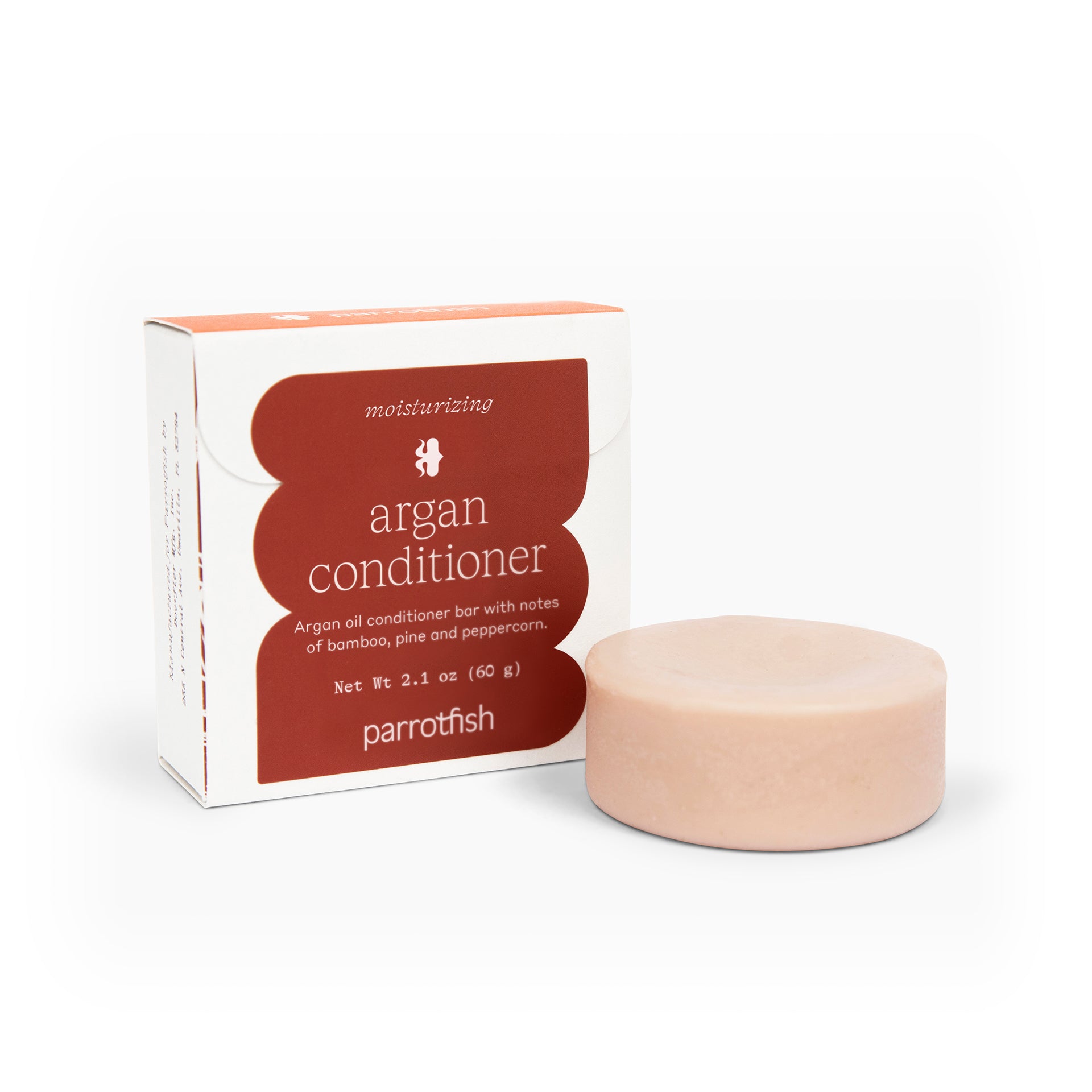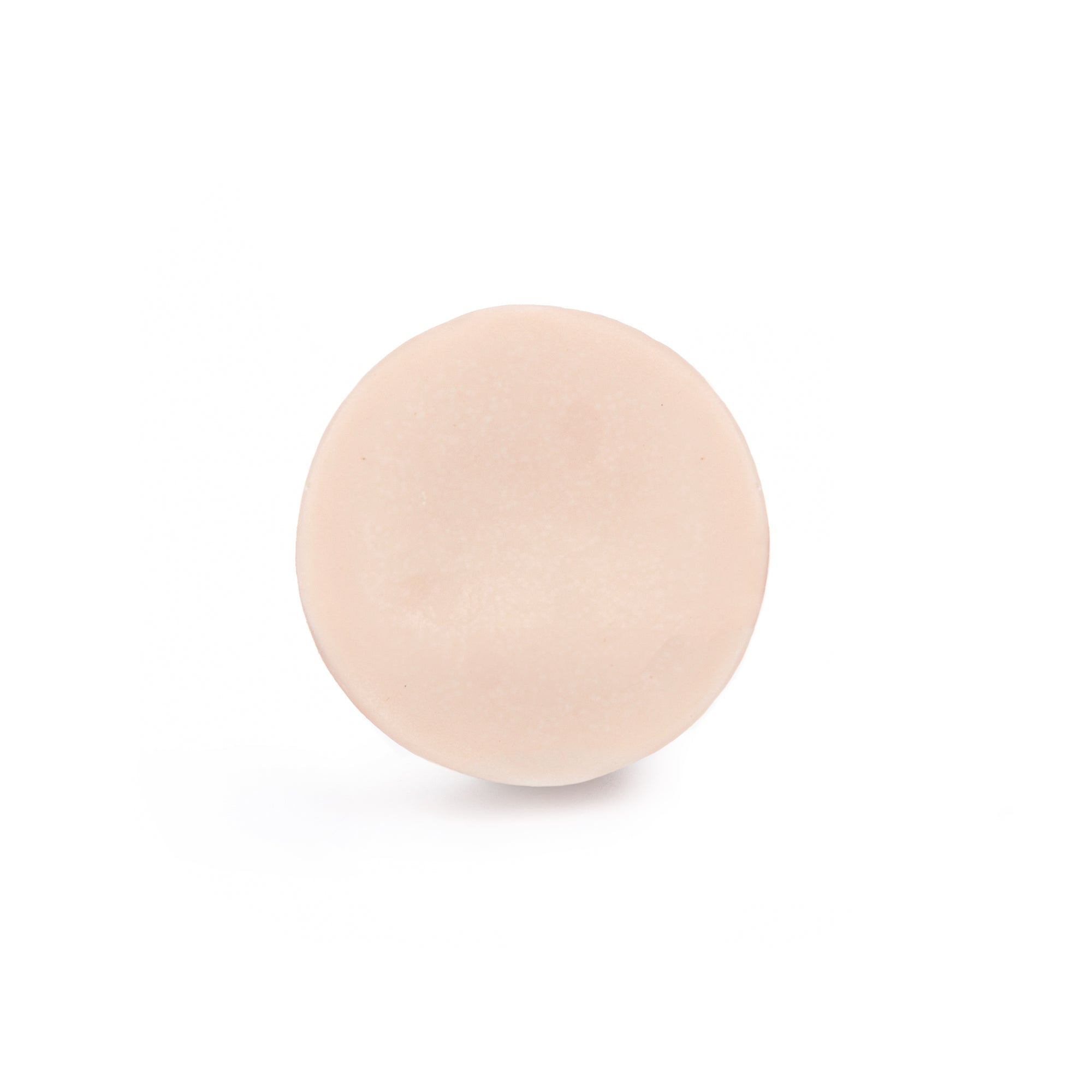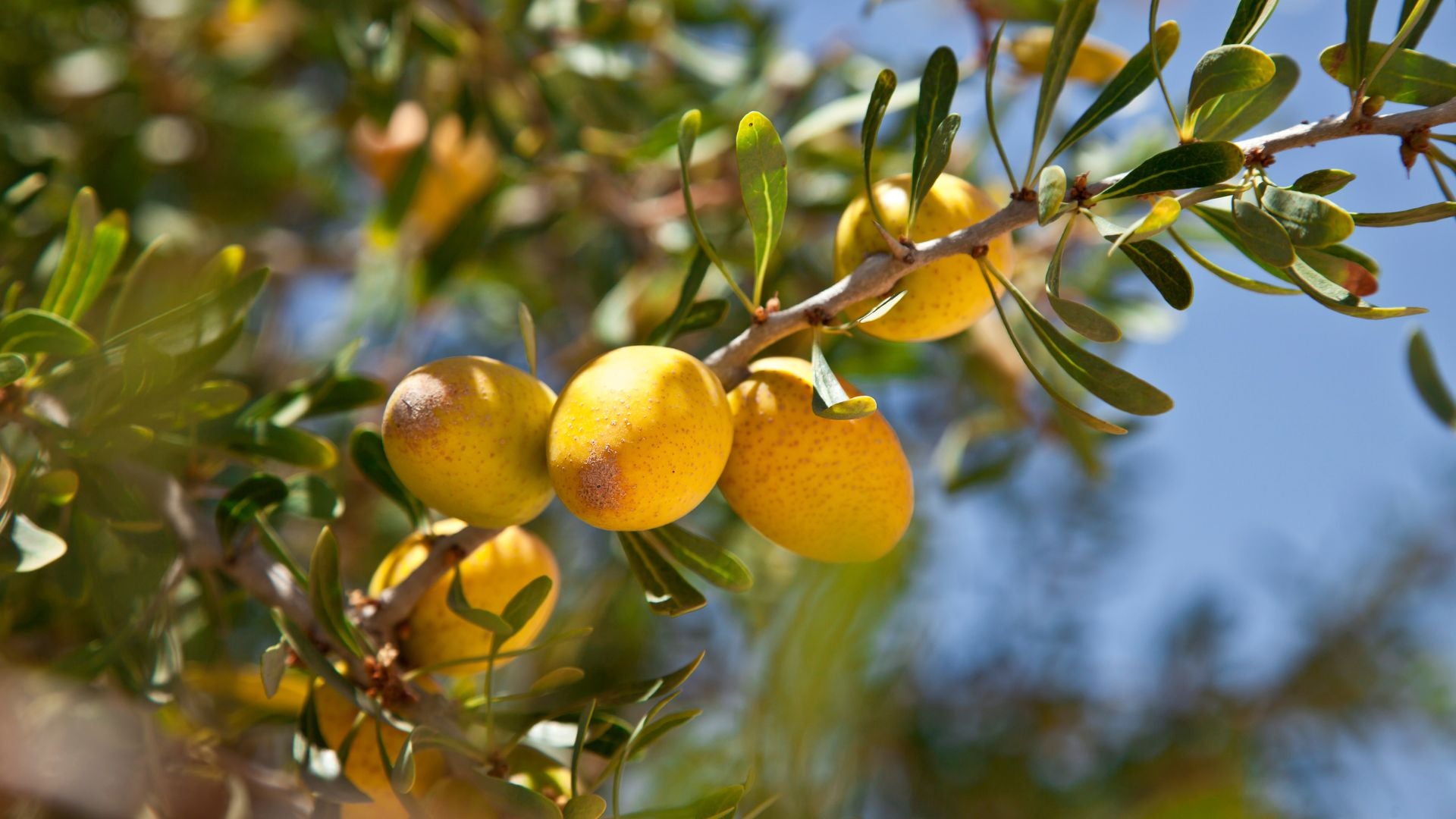

Argan Oil: Nature's Liquid Gold
In natural products, argan oil stands out for its versatility and health-promoting properties. Whether enhancing the flavors of culinary creations or enriching beauty routines, argan oil has become globally renowned. Let's delve into the essence of argan oil, its origins, and its myriad of benefits.
What is Argan Oil?
Argan oil, often hailed as "liquid gold," is a luxurious and multifaceted oil that has captured the attention of both the culinary and cosmetic worlds due to its remarkable properties and benefits. This natural treasure originates from the argan tree (Argania spinosa), which is endemic to Morocco. The process of obtaining argan oil is both labor-intensive and traditional, ensuring its purity and unique qualities.
In the culinary realm, argan oil adds a distinctive, nutty flavor to dishes and is treasured for its nutritional benefits. In cosmetics, it is revered for its hydrating, softening, and protective effects on the skin and hair. Beyond its immediate uses, argan oil is the subject of ongoing research for its potential health benefits, including heart health support, anti-inflammatory properties, and cancer-fighting capabilities.
What is Argan Oil Made up of?
Argan oil boasts a rich composition of oleic and linoleic acids, making it highly moisturizing. It is also packed with vitamin E, antioxidants, and sterols, which work together to protect and nourish the skin, combat free radicals, and support skin health and resilience.
Do you put Argan Oil on Your Face?
Absolutely, argan oil can be a luxurious addition to your facial care routine. Its hydrating and non-comedogenic nature makes it suitable for all skin types. Apply it directly or as part of a product to moisturize, soften skin, and reduce signs of aging, ensuring a radiant and healthy complexion.
Argan oil is a precious substance, derived from the kernels of the argan tree, a species indigenous to Morocco. This golden oil is produced through a meticulous process involving the harvesting, drying, and pressing of the argan fruit’s seeds. Renowned for its delectable taste and nutritional value, argan oil has earned its place both in gourmet kitchens and within the cosmetic industry.
Culinary and Cosmetic Wonder
Not only does argan oil add a unique, nutty flavor to dishes, making it a sought-after ingredient among culinary enthusiasts, but it also boasts a composition rich in beneficial nutrients. This makes it a cornerstone ingredient in various skin and hair care formulations. Beyond the kitchen and beauty cabinet, scientific research is exploring argan oil's potential health benefits, further solidifying its status as a multifunctional natural product.
A Closer Look at Argan Oil’s Potentials
Argan oil is a powerhouse of antioxidants and essential fatty acids, contributing to its various health and cosmetic benefits:
- Heart Health: The oil is celebrated for its ability to modulate cholesterol levels, thereby supporting cardiovascular health.
- Anti-Cancer Properties: Preliminary research hints at argan oil's capability to inhibit cancer cell growth, though more studies are needed to fully understand this potential.
- Skin Elasticity and Anti-Aging: Regular application of argan oil can promote skin health, reducing the visibility of aging signs through its nourishing and moisturizing properties.
- Wound Healing and Stretch Marks: The antioxidative components of argan oil may accelerate healing processes and improve skin elasticity, offering a natural remedy for scars and stretch marks.
Nutritional Profile
With every tablespoon, argan oil provides a rich blend of nutrients essential for maintaining health. It's particularly noted for its high levels of vitamin E, omega fatty acids, and antioxidants like polyphenols, contributing to its health-enhancing properties. These elements play a crucial role in protecting against oxidative stress and promoting overall well-being.
Argan Oil in Your Diet
When incorporating argan oil into your diet, it's essential to select food-grade, or culinary, argan oil to ensure safety and quality. This variant is ideal for dressings, dips, and as a finishing oil, adding a touch of luxury and healthfulness to every dish.
What are the side effects of argan oil?
Argan oil is widely recognized for its safety and natural benefits. However, some individuals might experience allergic reactions, such as skin irritation, itching, or rashes. This is particularly true for those with sensitivities to tree nuts. A patch test is advisable before widespread use to ensure compatibility with your skin.
Can you Overuse Argan Oil?
Information on the toxicity of argan oil due to overuse is limited. However, moderation is key, and adhering to recommended usage or manufacturer's guidelines is advisable, pending approval from a healthcare advisor, to avoid potential adverse effects.

